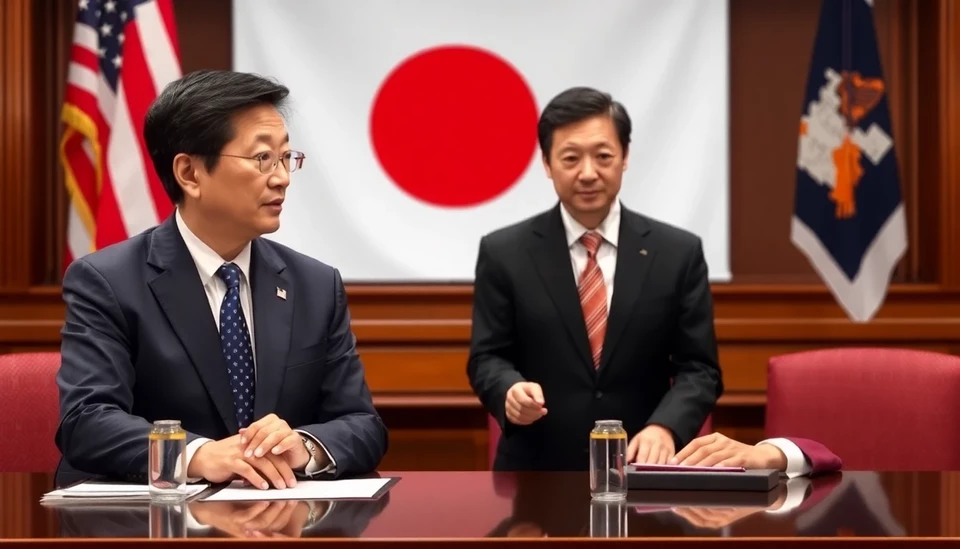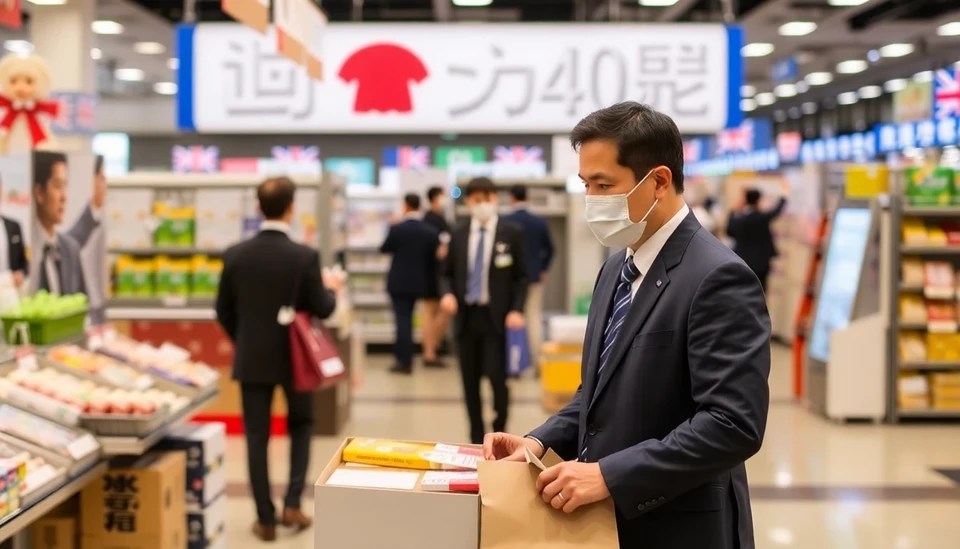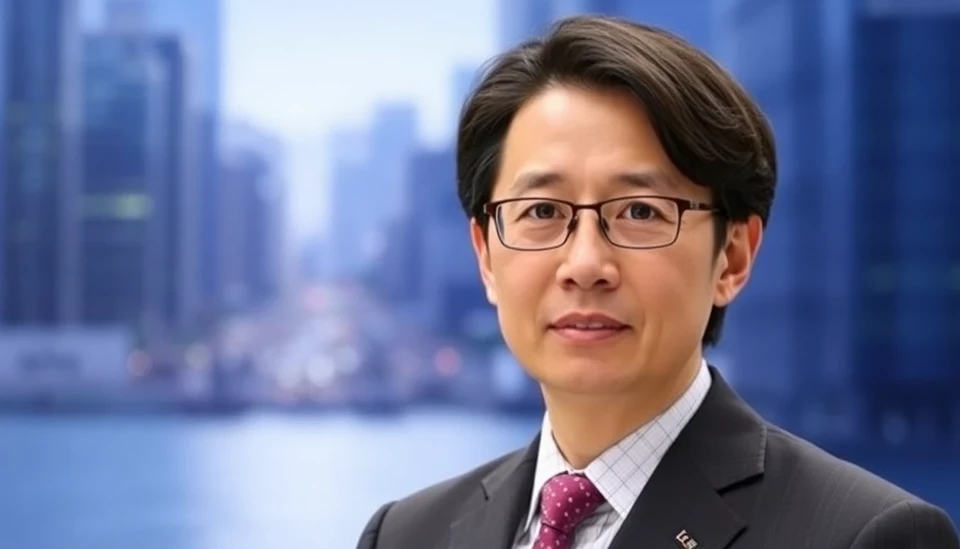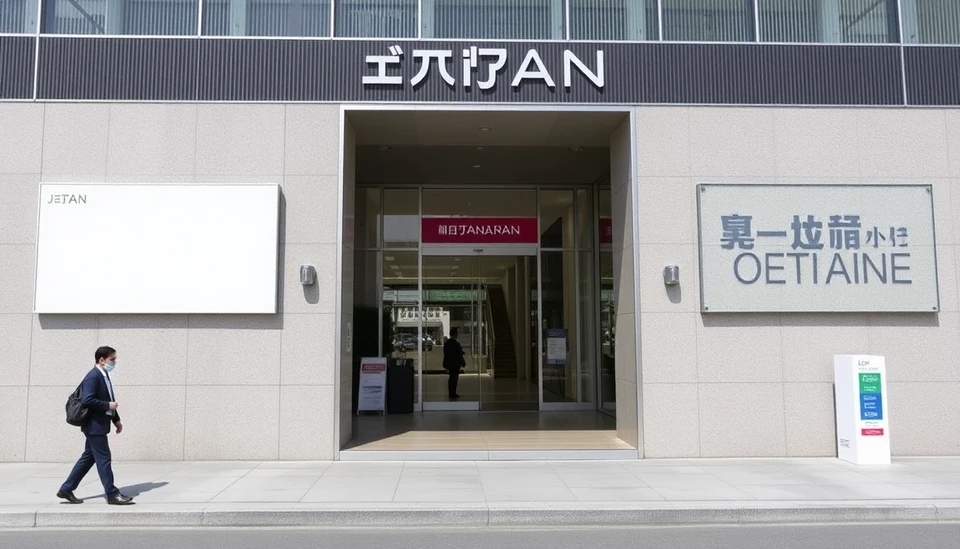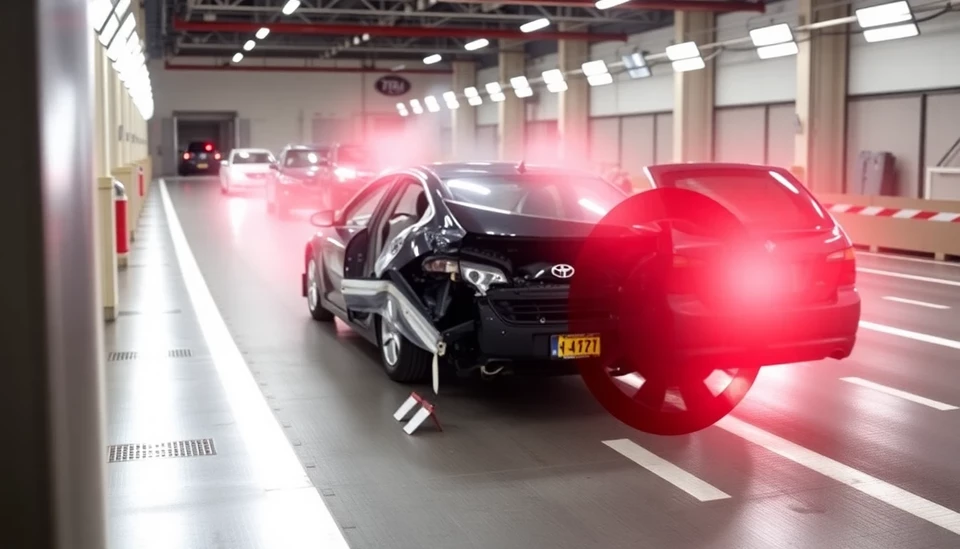
In a significant move that could reshape the landscape of international trade relations, Japan is contemplating revisions to its vehicle safety regulations. This initiative is primarily aimed at pacifying U.S. concerns regarding Japanese automotive standards as the two nations seek to finalize a trade agreement under the Biden Administration's negotiations with former President Donald Trump’s administration's framework.
Sources have indicated that Japan is under pressure to align its vehicle safety standards more closely with those of the United States. This desire for synchrony comes amid an ongoing dialogue on tariffs, market access, and regulatory harmonization. The discussions have gained urgency as both countries aim to solidify their trade ties ahead of the upcoming U.S. election cycle, where automotive trade issues often intensify.
The Japanese government has recognized that a failure to adapt its regulations could result in unfavorable tariffs and trade conditions that might impact its automotive industry significantly. In response to lobbying from the Japanese automotive sector, officials are examining the feasibility of amending existing safety laws that have been criticized for being too strict or misaligned with U.S. practices.
At the forefront of these talks is the need to address the perceived barriers that Japanese cars face in the American market. The U.S. has voiced concerns that some of Japan's vehicle regulations impede competition and the entry of American cars into Japan. By possibly relaxing its safety regulations or modifying its testing procedures, Japan hopes to demonstrate a commitment to fair trade practices that could bolster its market presence in the U.S.
Furthermore, analysts have pointed out that these potential changes could spark broader discussions about automotive safety regulations globally, affecting standards and practices beyond the U.S.-Japan trade relationship. If successful, this would not only enhance the competitiveness of Japanese carmakers like Toyota, Honda, and Nissan but also set the stage for future negotiations around other critical sectors.
While the discussions between the two nations remain in the early stages, there is optimism from Japanese officials that a resolution can be reached swiftly. Sources close to the negotiations suggest that Japan is practicing a diplomatic balancing act, aiming to satisfy U.S. demands without compromising its integrity and commitment to vehicle safety.
As these discussions unfold, it is crucial for observers to keep a close eye on the developments that emerge from Japan and the U.S. This potential shift in policy underscores the complexities of international trade negotiations, particularly in sectors as sensitive as automotive manufacturing. Both nations understand that the outcome of these talks could have far-reaching implications, not only for their bilateral relations but also for the global automotive market.
In conclusion, Japan's willingness to re-evaluate its car safety rules represents a strategic maneuver in the ongoing trade dialogue with the United States. As the situation develops, stakeholders from both sides will be hoping for a resolution that fosters mutual benefits and strengthens the automotive industry's future.
#Japan #USTrade #AutomotiveIndustry #CarSafety #TradeNegotiations #GlobalEconomy
Author: Rachel Greene
